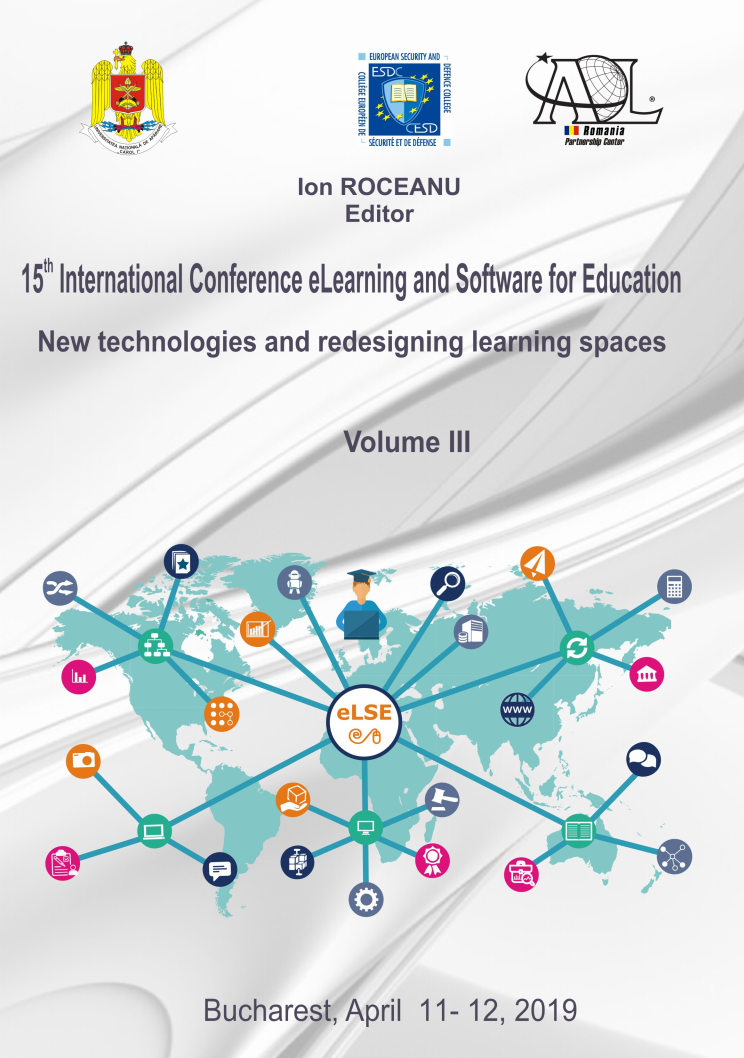E-Learning Resources as a Means of Developing Engineering Students’ Soft Skills
E-Learning Resources as a Means of Developing Engineering Students’ Soft Skills
Author(s): Yulia Savinova, Natalia Sivtseva, Svetlana LatyshevaSubject(s): Social Sciences, Education, Higher Education
Published by: Carol I National Defence University Publishing House
Keywords: e-learning resource; soft skills; communicative competence; English language teaching; cognitive-discursive approach;
Summary/Abstract: Within the context of the Bologna process referring to an intergovernmental higher education reform the period of the future specialists’ training is shortening, consequently, more time is spent on developing the students’ hard skills that is special skills connected with the peculiarities of the definite profession. However, the research based on the surveys analysis shows that soft skills are one of the most significant parts of the career advancement. It is usually difficult to define the level of one’s soft skills as they cover different skills helping to organize the professional activity in the best way. Among them there is motivation, leadership, comprehensive knowledge and knowledge of a foreign language as well. It allows concluding that language training is one of the priority orientations. The article is an attempt to show that e-learning resources can be helpful in solving the problem of correlation between class hours and self-guided work hours. The findings of the research are proved by the survey among the engineering students (bachelors) of Irkutsk State Research Technical University and Nosov Magnitogorsk State Technical University who had the opportunity to access advantages and disadvantages of learning English with the help of e-learning resources. Two groups of students were surveyed: those who initially studied English using the traditional approach and those who switched from the e-learning approach to the traditional one. The analysis showed that both groups regard the knowledge of English as a necessary component of the career advancement, as well as they note the domination of advances in using e-learning resources while mastering the English language.
Journal: Conference proceedings of »eLearning and Software for Education« (eLSE)
- Issue Year: 15/2019
- Issue No: 03
- Page Range: 95-101
- Page Count: 7
- Language: English

